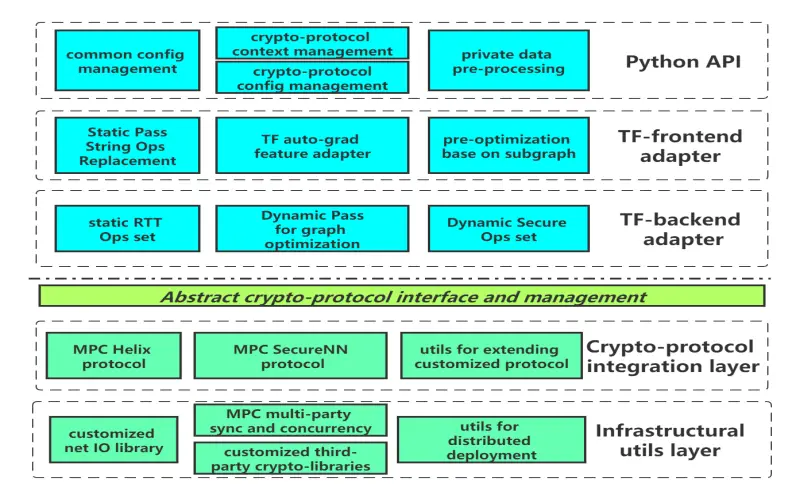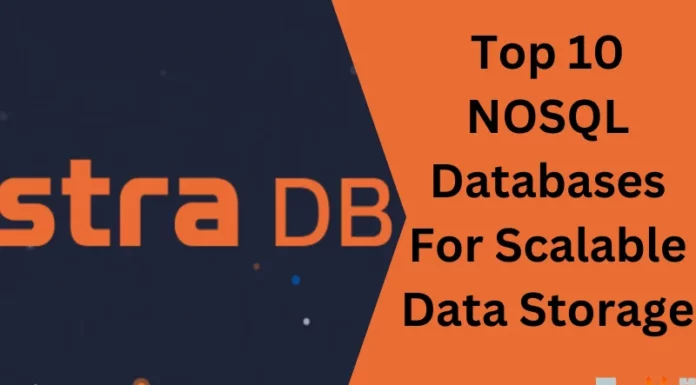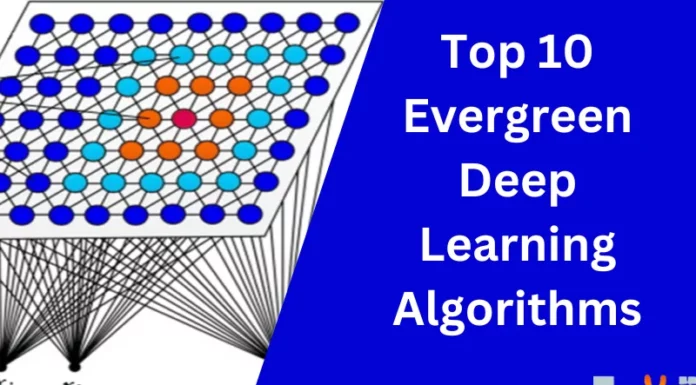Homomorphic encryption enables complex computations to be carried out on encrypted data without access to secret decryption keys. As data privacy regulations tighten and more sensitive data moves to the cloud, homomorphic encryption provides a crucial building block for privacy-preserving data analytics.
Developers are increasingly reaching for open-source homomorphic encryption libraries to experiment with privacy-preserving machine learning, statistical analysis, and other applications involving sensitive datasets like healthcare records or financial transactions. I outline the top 10 open-source homomorphic encryption libraries software engineers should evaluate. Each library implements somewhat different cryptographic protocols and design tradeoffs, warranting hands-on testing to match performance and functionality requirements.
DBAs need to balance factors like computational overhead, encryption scheme limitations, supported data types and operations, availability of GPU acceleration, maturity of software, and integration with popular data science frameworks. Across test cycles spanning use cases from statistical queries to deep neural networks, I compare capabilities and benchmarks on parameters resonating with privacy-preserving analytics pipelines.
1. PALISADE
As a collaboration between researchers at the New Jersey Institute of Technology, Duality Technologies, and Stealth Software Technologies, PALISADE delivers versatile homomorphic encryption tailored for data science and machine learning use cases. The open-source C++ library supports both BFV and CKKS encryption schemes, interfacing with popular data science tools like TensorFlow and PyTorch. PALISADE focuses on ease of use, configuring optimal parameters under the hood while handling conversions between encrypted and plaintext spaces automatically. As part of regular reporting, automated test suites track performance metrics across diverse homomorphic workloads. But PALISADE’s flexibility comes at a cost – while competitive, performance lags behind more specialized libraries.

2. SEAL
Microsoft Research developed the SEAL homomorphic encryption library aiming for all-around high performance informed by real-world industry use cases. Available since 2017, the open-source C++ project opted for the BFV scheme using the BGV variant to enable both addition and multiplication operations on encrypted integers or real numbers. SEAL shines through meticulous low-level optimizations and multi-threaded parallelization tailored for Intel processors. Integration with .NET languages like C# simplifies development while GPU support accelerates compute-heavy workloads. Yet, SEAL’s fixed encryption parameters pose limitations in balancing security levels, computation sizes, and performance. Recent releases brought polishing touches like better documentation, benchmarking tools, and support for the CKKS scheme.

3. HElib
As a pioneer homomorphic encryption library dating back to 2013, HElib focuses exclusively on the BGV scheme for homomorphic multiplications relying on the hardness of learning with error problems. Written in C++ but accessible through Python and Julia, HElib has gone through extensive real-world testing in applications like private queries over encrypted genomic data. The open-source library pushes the boundaries of homomorphic computation through innovative optimizations like the Smart-Vercauteren ciphertext packing techniques and linearization avoiding costly modulus switching. HElib warrants tuning parameters like modulus chain lengths to balance performance versus computational capacity for different applications.
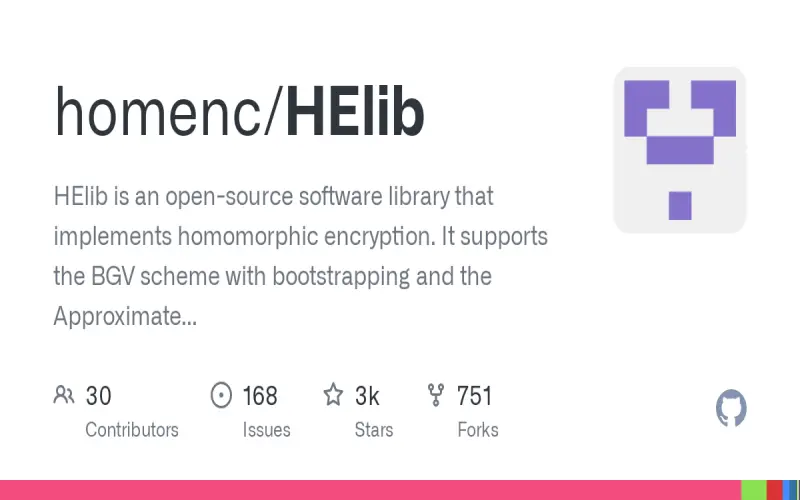
4. HEANN
HEANN introduces neural network support through a specialized CKKS implementation targeting machine learning workflows. Launched in 2017 out of the HomomorphicEncryption.org community, the open-source C++ library integrates with TensorFlow for homomorphic inference safeguarding privacy. REANN expands activation functions, tensor operations, pooling, and convolutional layers to operate on encrypted data. However, as a research project optimized for a narrow application domain, expect limitations in documentation, benchmarks, and support.
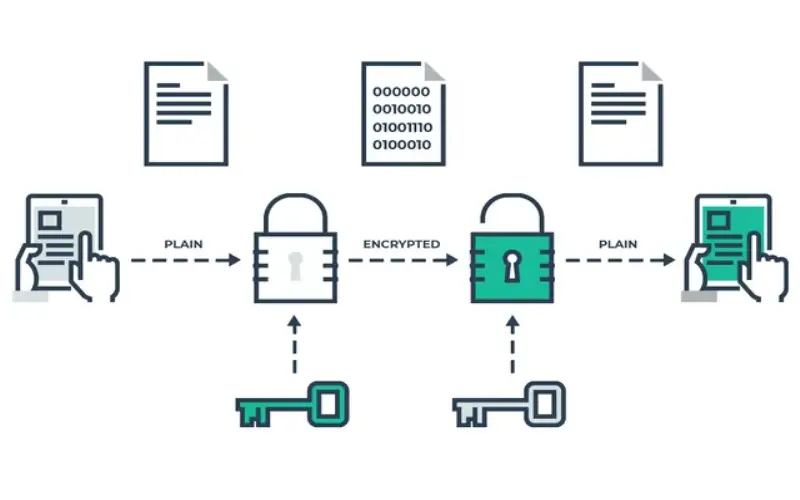
5. TFHE
TFHE pioneered fast bootstrapping operations to achieve fully homomorphic encryption based on the GSW homomorphic cryptosystem. Released in 2017, the open-source C++ library focuses on low-level performance innovations like improved bootstrapping circuits. Yet, TFHE’s limited high-level interfaces constrain usability for complex applications. Integrations with Python and Rust aim to close this gap, enabling key pieces like integer arithmetic and comparisons over encrypted data. While less full-featured than alternatives, TFHE warrants consideration for its bootstrapping performance.

6. FHELib
Another research project focused on bootstrapping techniques, FHELib comes out of IBM’s Research Zurich lab emphasizing usability. The 2019 open-source C++ library streamlines the interface for common integer operations, comparisons, and encrypted data while automating parameter selection and optimization. But FHELib’s fixed encryption scheme, lack of documentation and examples, and limited testing pose hurdles for widespread adoption so far.
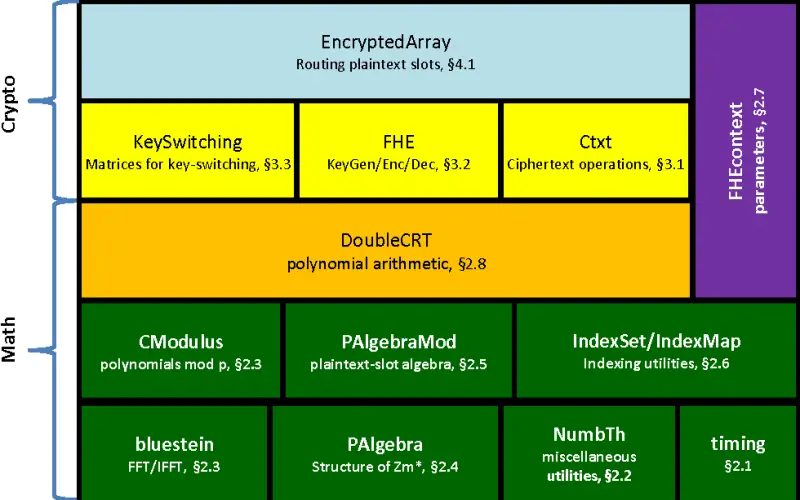
7. Lattigo
Lattigo focuses exclusively on lattice-based homomorphic encryption for integer arithmetic tailored to use cases like private set intersection, statistical analysis, and machine learning. Released in 2020, the open-source Go library shines through clean interfaces abstracting away cryptographic details to simplify application development. Yet, the young project has significant ground to cover on documentation, benchmarks, and real-world validation.
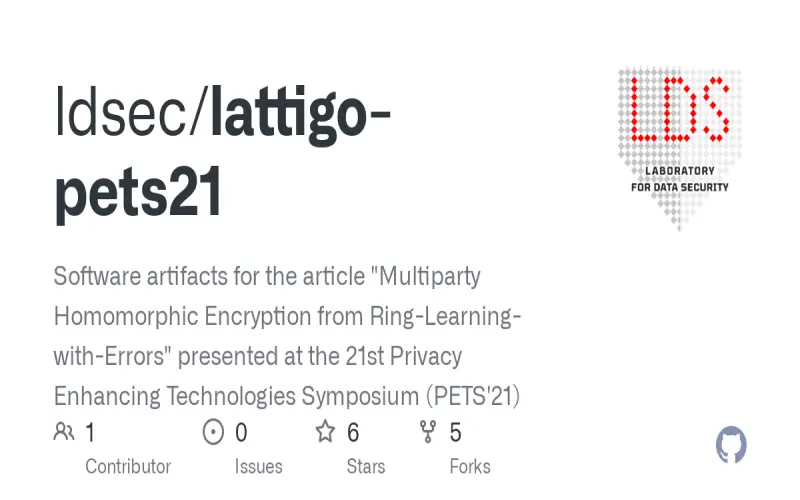
8. Concrete
Concrete delivers a nimble open source Python toolkit for prototyping machine learning applications leveraging homomorphic encryption – ideal for rapid experimentation and research. Released in 2021 through a collaboration between Microsoft and UC Berkeley, Concrete integrates seamlessly with NumPy, Pandas, Scikit-Learn, PyTorch, and TensorFlow while auto-tuning parameters under the hood. Yet, the library trades off customizability for ease of use. Concrete currently only supports the Cheon-Kim-Kim-Song scheme limiting flexibility.
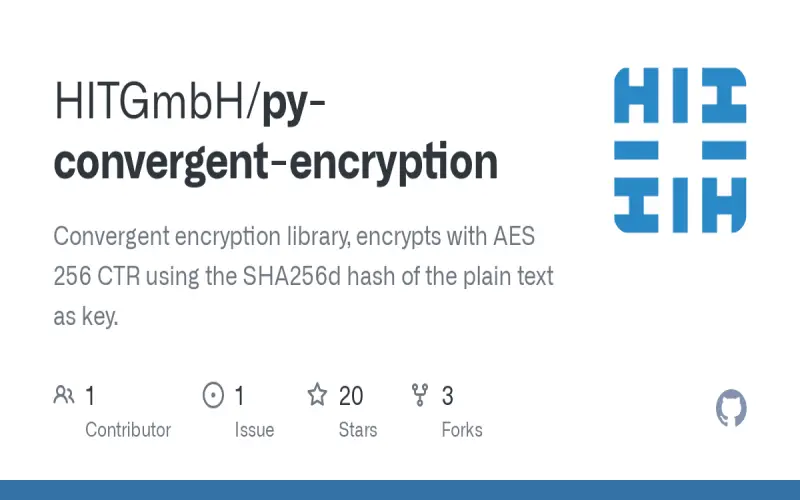
9. TenSEAL
As a 2022 addition, TenSEAL focuses on tensor support with an open-source Python library implementing homomorphic encryption tailored for deep learning workflows. TenSEAL looks to improve upon SEAL’s benchmark-leading performance through low-level optimizations, parallelization, and integration with PyTorch, JAX and TensorFlow. While promising, the young project requires more real-world validation.
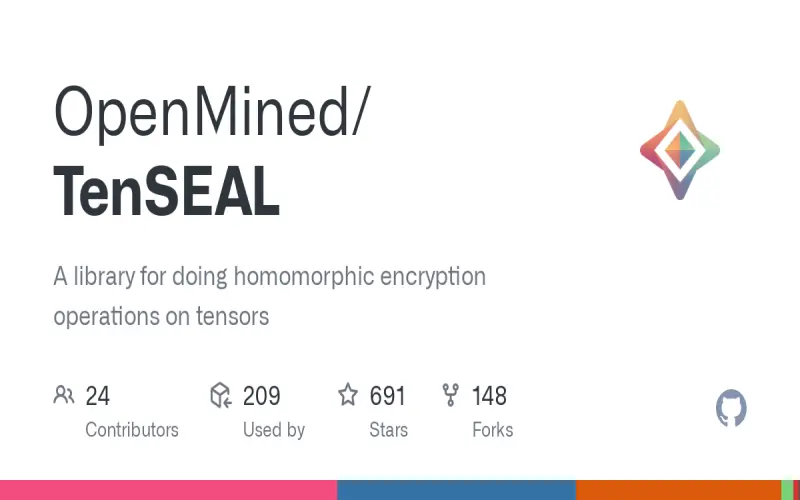
10. Rosetta
Rosetta codes high-level applications directly using embedded domain-specific languages for privacy-preserving data analysis rather than exposing low-level cryptographic interfaces. Released in 2022, Rosetta allows rapid development of statistical, relational, and machine learning models with intuitive syntax while handling encryption, decryption, and key management automatically. However, the new open-source Python project requires more extensive documentation and performance profiling across diverse workloads to demonstrate robustness.
